Centre Scholars
Research lies at the heart of the Centre’s purpose and strategy, generating new ideas that support the flourishing of all creation. Centre Scholars hold adjunct appointments through Charles Sturt University and bring a wide range of academic specialisations to bear on the dialogue between Christianity and culture. A list of further researchers affiliated with the ACC&C can be seen on the Centre for Religion, Ethics and Society website and further information and copies of research publications are available on the Charles Sturt University research output portal.
Adjunct Research Professors
Adjunct Senior Research Fellows
Peter Grundy
Brendan Long
Carlos Raimundo
Adjunct Research Fellows
Nikolai Blaskow
Toni Hassan
Rebecca Hilton
Douglas Hynd
Felicity McCallum
Adjunct Research Associates
Fr Frank Brennan SJ AO
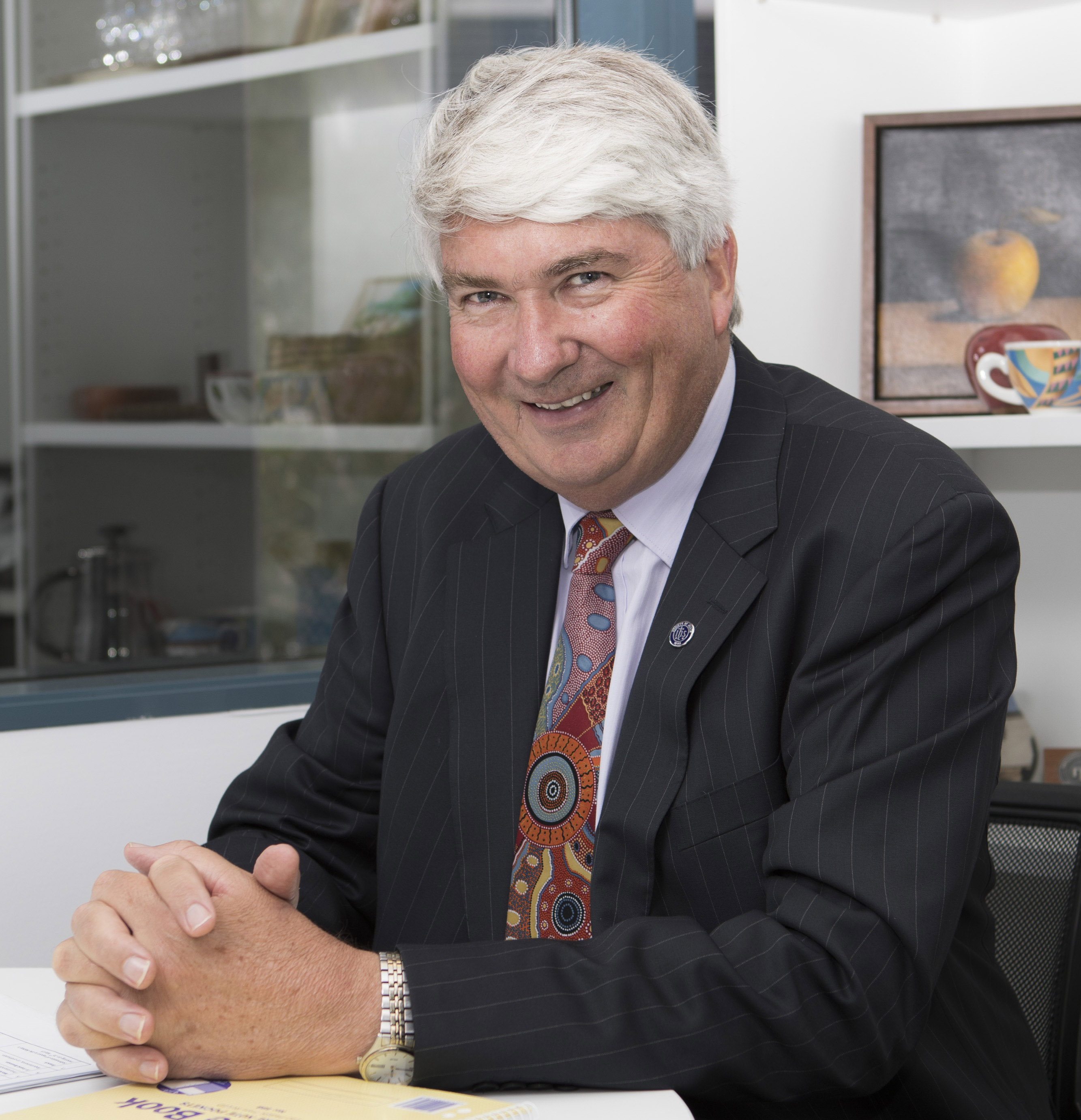 Frank Brennan is Adjunct Research Professor at the Australian Centre for Christianity and Culture, Charles Sturt University. He is a leading advocate for human rights and social justice in Australia and has served as CEO of Catholic Social Services Australia and Rector of Newman College at The University of Melbourne. His contact and involvement with people who are poor, vulnerable and disadvantaged began early in his priestly ministry when he worked in the inner Sydney parish of Redfern with priest activist Father Ted Kennedy. In every role he has had since, he has amplified the voice of conscience, especially the voice of those who are marginalised. He is author of numerous publications.
Frank Brennan is Adjunct Research Professor at the Australian Centre for Christianity and Culture, Charles Sturt University. He is a leading advocate for human rights and social justice in Australia and has served as CEO of Catholic Social Services Australia and Rector of Newman College at The University of Melbourne. His contact and involvement with people who are poor, vulnerable and disadvantaged began early in his priestly ministry when he worked in the inner Sydney parish of Redfern with priest activist Father Ted Kennedy. In every role he has had since, he has amplified the voice of conscience, especially the voice of those who are marginalised. He is author of numerous publications.
Reverend Professor Sathi Clarke
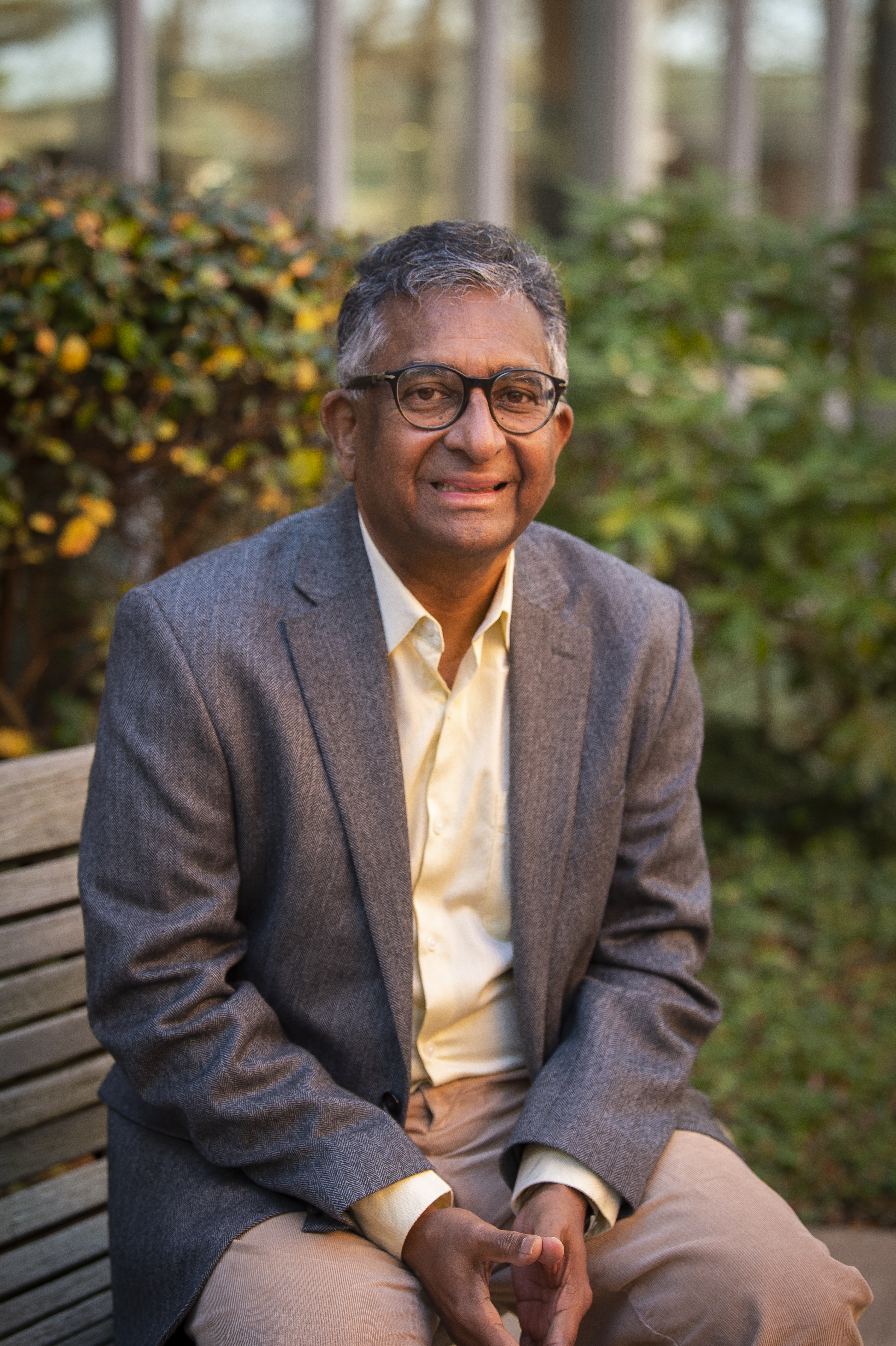 Sathianathan (Sathi) Clarke is Adjunct Professor at the Australian Centre for Christianity and Culture and Lecturer in Theology and Mission at United Theological College, Charles Sturt University. He has taught and researched global Christianity, contextual theology, postcolonial mission, and interreligious dialogue in India, USA, UK, Germany, Sri Lanka, Korea, South Africa, and Liberia, and is also the Bishop Sundo Kim Chair in World Christianity and Professor of Theology, Culture and Mission at Wesley Theological Seminary, Washington DC. His research interests include: world Christianity; faces of Jesus in world religions; Christian mission in an interfaith world; competing religious fundamentalisms.
Sathianathan (Sathi) Clarke is Adjunct Professor at the Australian Centre for Christianity and Culture and Lecturer in Theology and Mission at United Theological College, Charles Sturt University. He has taught and researched global Christianity, contextual theology, postcolonial mission, and interreligious dialogue in India, USA, UK, Germany, Sri Lanka, Korea, South Africa, and Liberia, and is also the Bishop Sundo Kim Chair in World Christianity and Professor of Theology, Culture and Mission at Wesley Theological Seminary, Washington DC. His research interests include: world Christianity; faces of Jesus in world religions; Christian mission in an interfaith world; competing religious fundamentalisms.
Sathi Clarke research publications
Reverend Dr Peter C Grundy
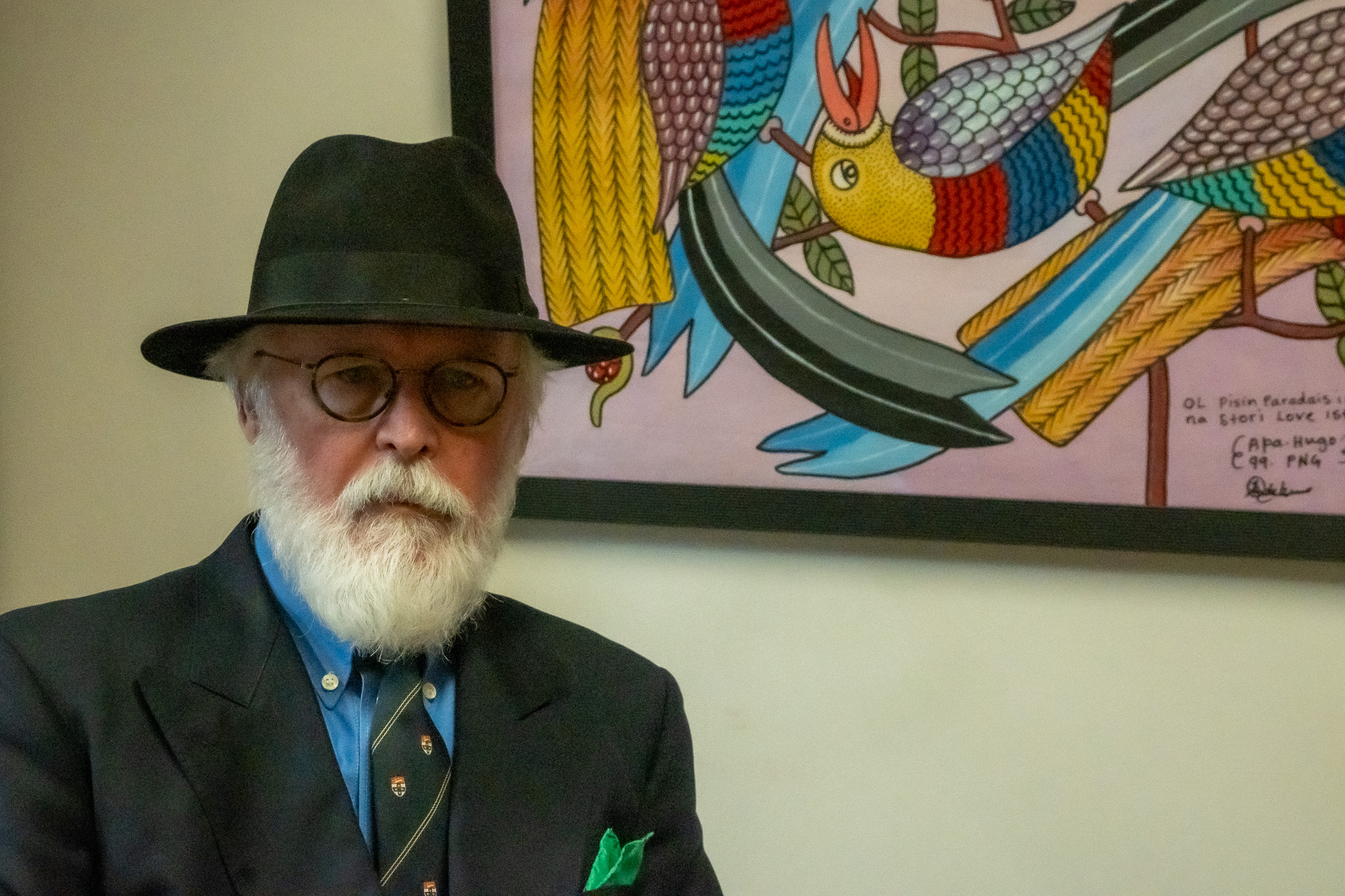 Peter Grundy is Adjunct Senior Research Fellow at the Australian Centre for Christianity and Culture, Charles Sturt University. A graduate of the Australian National University, he is an Anglican priest and philosopher in the Anglo-American analytic tradition and previously taught theology at Charles Sturt University. His research interests include non-cognitivist readings of the Christian religion by both philosophers and theologians (especially those influenced by Wittgenstein), aspects of the formal (logical and theistic) problem of evil, and systematic theological grounds supporting seminal Christian doctrines such as atonement. While not a biblical theologian, Peter takes notice of problems addressed by textual criticism, particularly of the Gospels.
Peter Grundy is Adjunct Senior Research Fellow at the Australian Centre for Christianity and Culture, Charles Sturt University. A graduate of the Australian National University, he is an Anglican priest and philosopher in the Anglo-American analytic tradition and previously taught theology at Charles Sturt University. His research interests include non-cognitivist readings of the Christian religion by both philosophers and theologians (especially those influenced by Wittgenstein), aspects of the formal (logical and theistic) problem of evil, and systematic theological grounds supporting seminal Christian doctrines such as atonement. While not a biblical theologian, Peter takes notice of problems addressed by textual criticism, particularly of the Gospels.
Dr Brendan Long
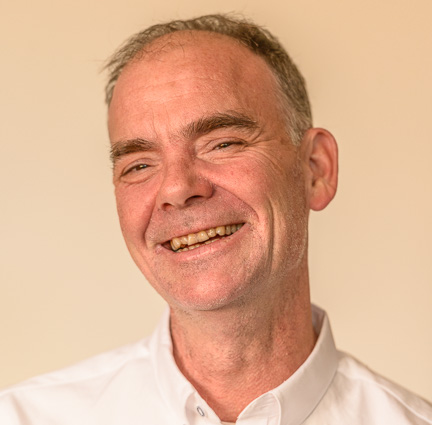
Brendan Long research publications
Dr Carlos A Raimundo
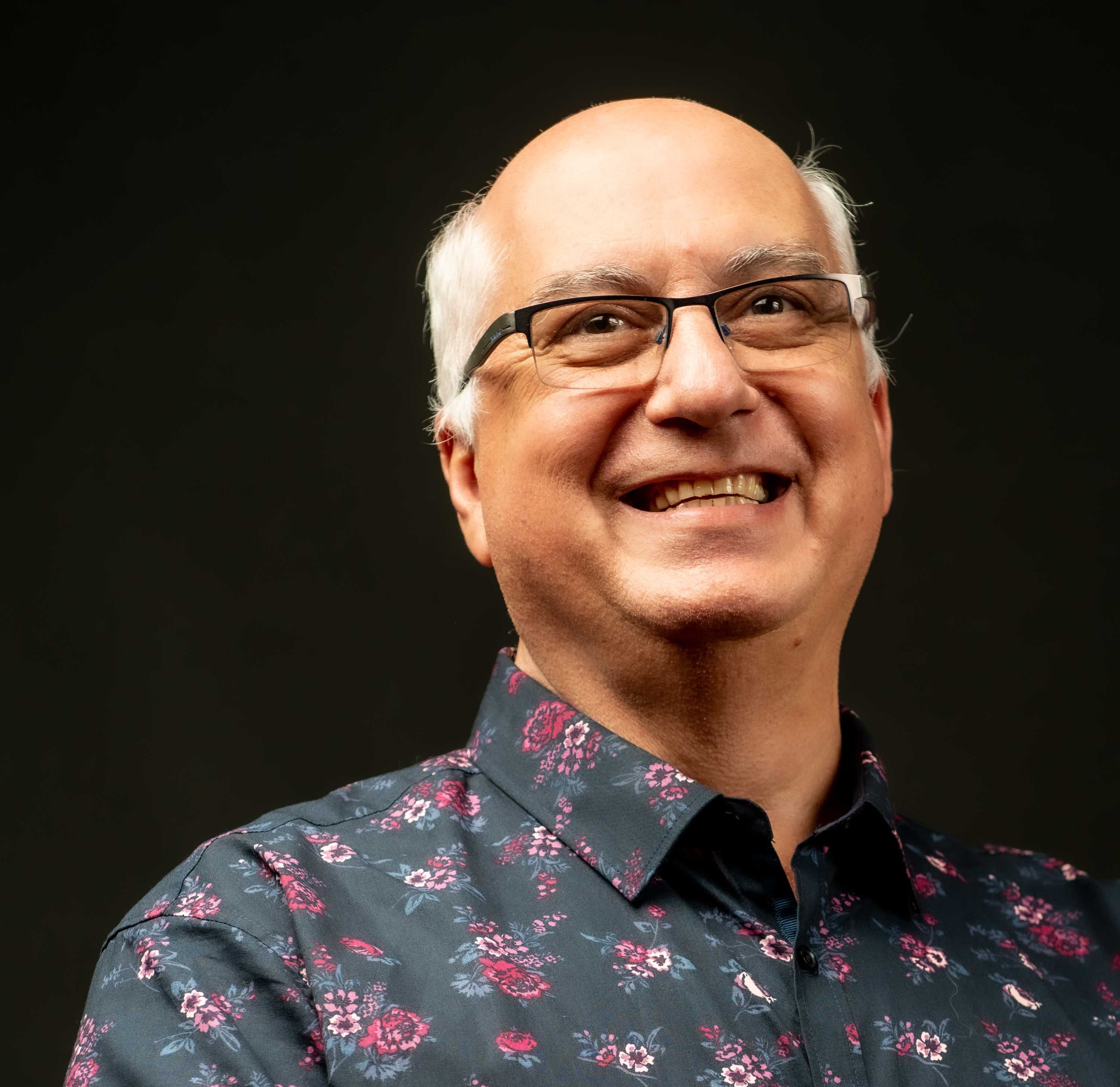 Carlos Raimundo is Adjunct Senior Research Fellow at the Australian Centre for Christianity and Culture, Charles Sturt University. Raised in Argentina, he has practised as a psychotherapist in both Argentina and Australia and ministered as a Baptist pastor and established innovative educational programs in psychodrama. Now retired, Carlos remains active as a therapist, coach, and trainer, focusing on leadership, culture, and personal growth for both the corporate sector and religious orders globally. His research explores neuroscience related to insights, emotions, behavioural modification, and relationships, particularly the impact of his 3D Visualisation and Simulation Model, Play of Life®.
Carlos Raimundo is Adjunct Senior Research Fellow at the Australian Centre for Christianity and Culture, Charles Sturt University. Raised in Argentina, he has practised as a psychotherapist in both Argentina and Australia and ministered as a Baptist pastor and established innovative educational programs in psychodrama. Now retired, Carlos remains active as a therapist, coach, and trainer, focusing on leadership, culture, and personal growth for both the corporate sector and religious orders globally. His research explores neuroscience related to insights, emotions, behavioural modification, and relationships, particularly the impact of his 3D Visualisation and Simulation Model, Play of Life®.
Reverend Dr Nikolai Blaskow
 Dr Nikolai Blaskow is Adjunct Research Fellow at the Australian Centre for Christianity and Culture, Charles Sturt University and Associate Priest at All Saints’ Anglican Church, Ainslie, ACT. His PhD is from Bangor University for a dissertation on Friedrich Nietzsche (1844-1900) and René Girard's (1923-2015) insights into resentment and revenge. His research interest focuses on the theological, philosophical, ethical, political, psychological, and social implications for metamodernity, especially AGI (Artificial General Intelligence). He can be contacted at nblaskow@csu.edu.au.
Dr Nikolai Blaskow is Adjunct Research Fellow at the Australian Centre for Christianity and Culture, Charles Sturt University and Associate Priest at All Saints’ Anglican Church, Ainslie, ACT. His PhD is from Bangor University for a dissertation on Friedrich Nietzsche (1844-1900) and René Girard's (1923-2015) insights into resentment and revenge. His research interest focuses on the theological, philosophical, ethical, political, psychological, and social implications for metamodernity, especially AGI (Artificial General Intelligence). He can be contacted at nblaskow@csu.edu.au.
Toni Hassan
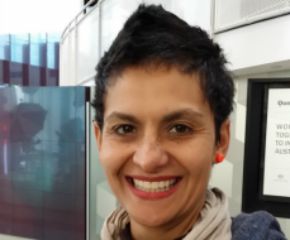 Toni Hassan is Adjunct Research Fellow at the Australian Centre for Christianity and Culture, Charles Sturt University. Toni is a Walkley Award-winning writer and journalist with extensive media and policy experience in the not for profit sector. She has been an adviser in federal politics and worked with the ACT Human Rights Commission in the area of children and young people's safety and citizenship. Her research interests include digital addiction, public health, women’s economic security, and modern slavery. She is the author of Families in the Digital Age and participates in the Be Slavery Free initiative. Toni is an artist who explores social justice and intersections between the sacred and the secular.
Toni Hassan is Adjunct Research Fellow at the Australian Centre for Christianity and Culture, Charles Sturt University. Toni is a Walkley Award-winning writer and journalist with extensive media and policy experience in the not for profit sector. She has been an adviser in federal politics and worked with the ACT Human Rights Commission in the area of children and young people's safety and citizenship. Her research interests include digital addiction, public health, women’s economic security, and modern slavery. She is the author of Families in the Digital Age and participates in the Be Slavery Free initiative. Toni is an artist who explores social justice and intersections between the sacred and the secular.
Dr Rebecca Hilton
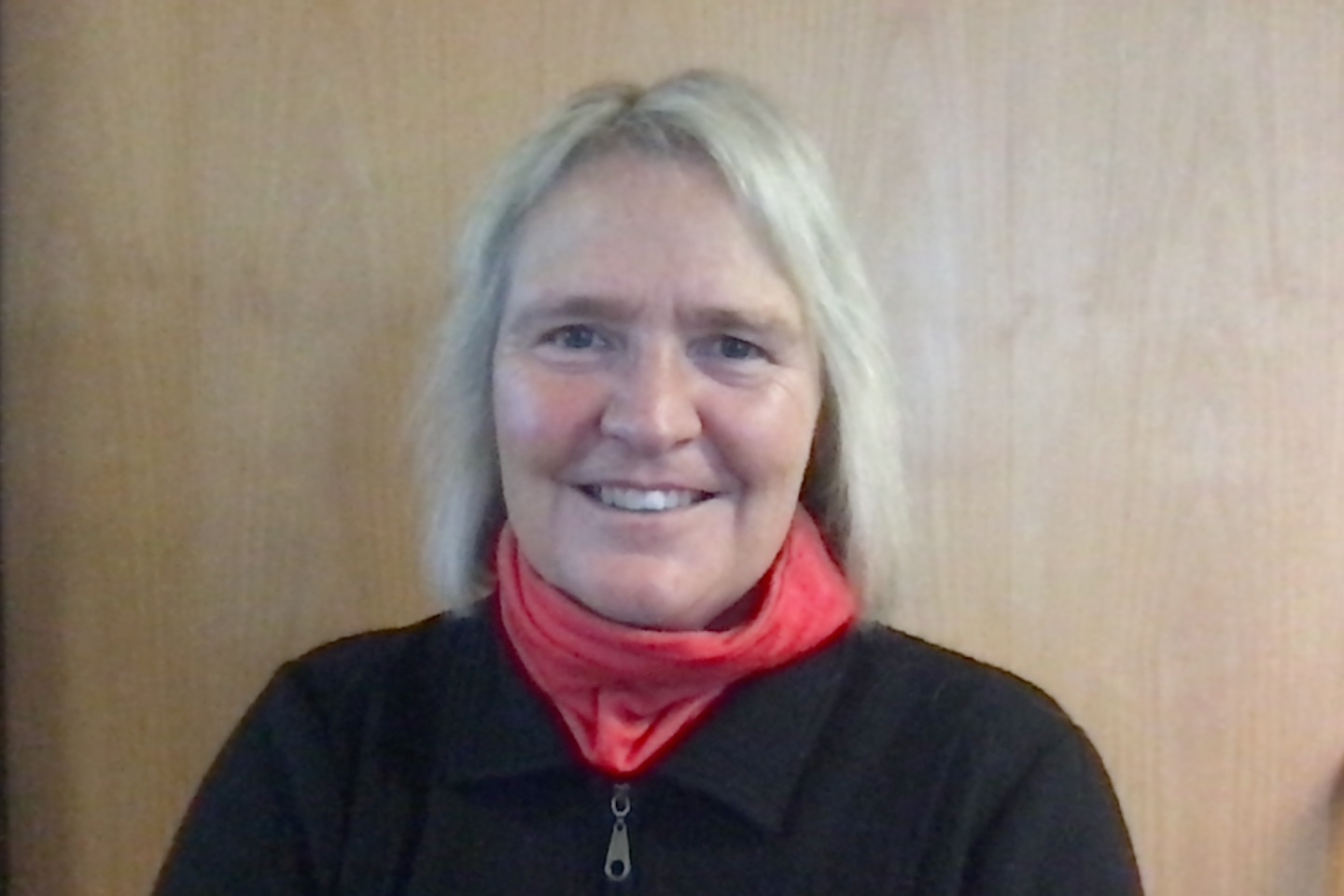 Rebecca Hilton is Adjunct Research Fellow at the Australian Centre for Christianity and Culture, Charles Sturt University. She holds a PhD from Charles Sturt University focussing on Australian Baptist women’s history, particularly in the area of foreign mission. Rebecca has worked in the Australian Public Service in areas of employment for disadvantaged Australians and remote housing. Her research interests include social justice and equity, and the history of the roles and contributions of Australian Evangelical women.
Rebecca Hilton is Adjunct Research Fellow at the Australian Centre for Christianity and Culture, Charles Sturt University. She holds a PhD from Charles Sturt University focussing on Australian Baptist women’s history, particularly in the area of foreign mission. Rebecca has worked in the Australian Public Service in areas of employment for disadvantaged Australians and remote housing. Her research interests include social justice and equity, and the history of the roles and contributions of Australian Evangelical women.
Dr Douglas Hynd
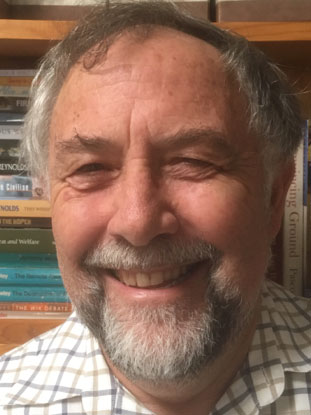 Douglas Hynd is Adjunct Research Fellow at the Australian Centre for Christianity and Culture, Charles Sturt University. He holds a PhD from Australian Catholic University on the impact on church-related welfare agencies of contracting with government. He has worked in the Australian Public Service on social policy, community programs and indigenous affairs, and has taught as a sessional lecturer at Charles Sturt University. His research interests include the role of Christian churches and their agencies in social policy; the engagement of theology with politics, political theory and anthropology; and the significance of Anabaptism and the peace witness for Christian presence and engagement in a post-secular society.
Douglas Hynd is Adjunct Research Fellow at the Australian Centre for Christianity and Culture, Charles Sturt University. He holds a PhD from Australian Catholic University on the impact on church-related welfare agencies of contracting with government. He has worked in the Australian Public Service on social policy, community programs and indigenous affairs, and has taught as a sessional lecturer at Charles Sturt University. His research interests include the role of Christian churches and their agencies in social policy; the engagement of theology with politics, political theory and anthropology; and the significance of Anabaptism and the peace witness for Christian presence and engagement in a post-secular society.
Douglas Hynd research publications
Dr Felicity McCallum
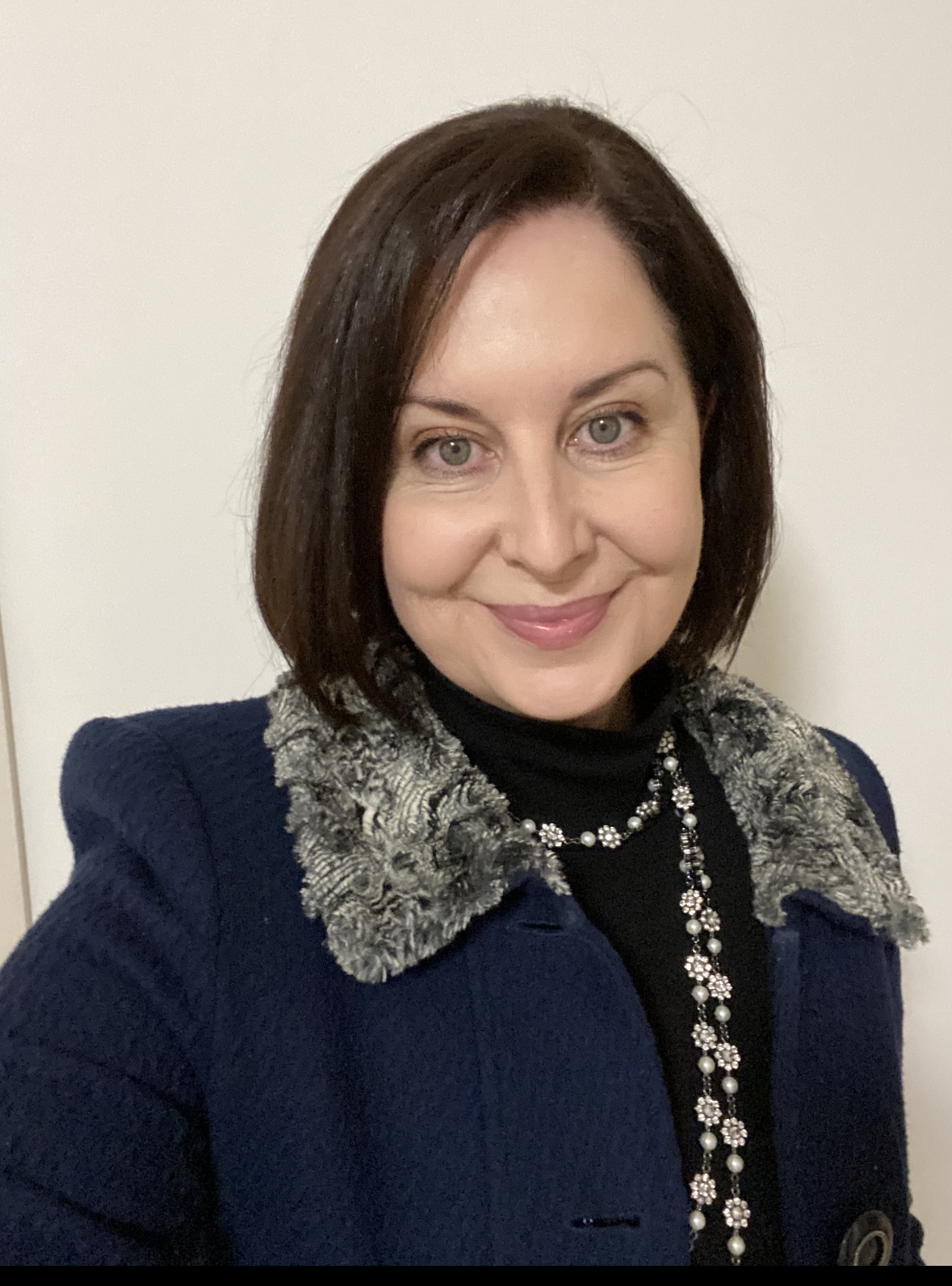 Felicity McCallum is Adjunct Research Fellow at the Australian Centre for Christianity and Culture, Charles Sturt University. She is an Awabakaleen (female of Awaba) residing on Wanungine-Wallambine (Awabakal) country. She holds a PhD in theology from Charles Sturt University that examined Indigenous-British engagement and reconciliation in Australia using a Girardian analysis. She facilitates initiatives for Indigenous / non-Indigenous peace based on just engagement and has co-led research into strengthening early childhood outcomes for Indigenous children in partnership with the Brotherhood of St Laurence. Her current research includes a project integrating Taize chant and Awabakal language to support reconciliation in Australia.
Felicity McCallum is Adjunct Research Fellow at the Australian Centre for Christianity and Culture, Charles Sturt University. She is an Awabakaleen (female of Awaba) residing on Wanungine-Wallambine (Awabakal) country. She holds a PhD in theology from Charles Sturt University that examined Indigenous-British engagement and reconciliation in Australia using a Girardian analysis. She facilitates initiatives for Indigenous / non-Indigenous peace based on just engagement and has co-led research into strengthening early childhood outcomes for Indigenous children in partnership with the Brotherhood of St Laurence. Her current research includes a project integrating Taize chant and Awabakal language to support reconciliation in Australia.
Felicity McCallum research publications
Dr Monica Short
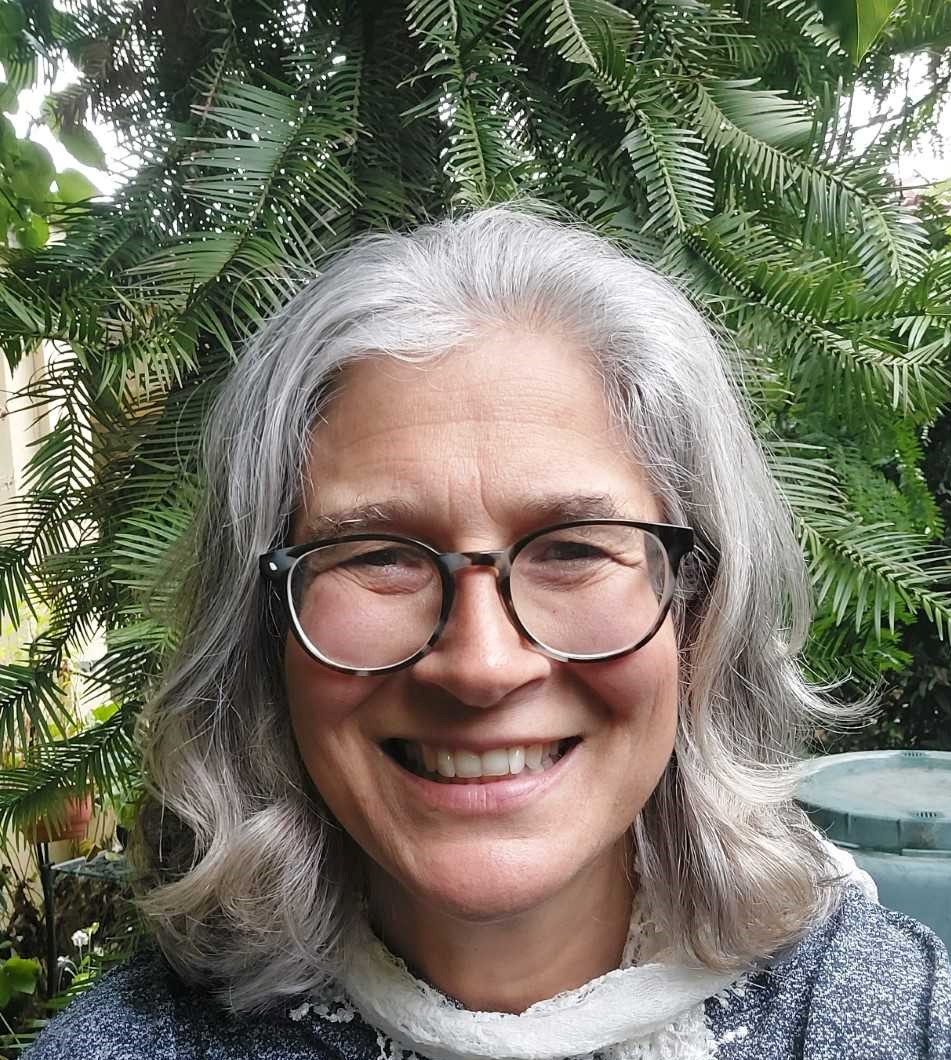 Monica Short is Adjunct Research Fellow at the Australian Centre for Christianity and Culture and Senior Lecturer in Social Work and Human Services at Charles Sturt University. Monica has developed and applies an integrated lens model of inquiry incorporating social work, sociology and theology. Collaboration and co-design are fundamental to her research, supervision and teaching. Her research focuses on social change leading to love, hope and faith (1 Corinthians 13:13); this includes people being warmly connected with God through Jesus, engaging with neighbours, and promoting belonging and flourishing in local communities. Monica coordinates the International Network of Co-operative Inquirers and is a member of several professional and research groups.
Monica Short is Adjunct Research Fellow at the Australian Centre for Christianity and Culture and Senior Lecturer in Social Work and Human Services at Charles Sturt University. Monica has developed and applies an integrated lens model of inquiry incorporating social work, sociology and theology. Collaboration and co-design are fundamental to her research, supervision and teaching. Her research focuses on social change leading to love, hope and faith (1 Corinthians 13:13); this includes people being warmly connected with God through Jesus, engaging with neighbours, and promoting belonging and flourishing in local communities. Monica coordinates the International Network of Co-operative Inquirers and is a member of several professional and research groups.
Stay informed by signing up to our mailing list to receive notice of events hosted and/or sponsored by the Centre, including public lectures, musical performances, art exhibitions, ecumenical services and interfaith dialogues.
You will also receive a copy of our newsletter, Engage, which is published three times a year. Engage is filled with a wide variety of articles from adjunct scholars, staff and guest writers. It also contains details of the events that have been happening at the Centre, book reviews, arts news and feature articles on topics of interest to our supporters.
- Australian Centre for Christianity and Culture
- Centre Scholars

